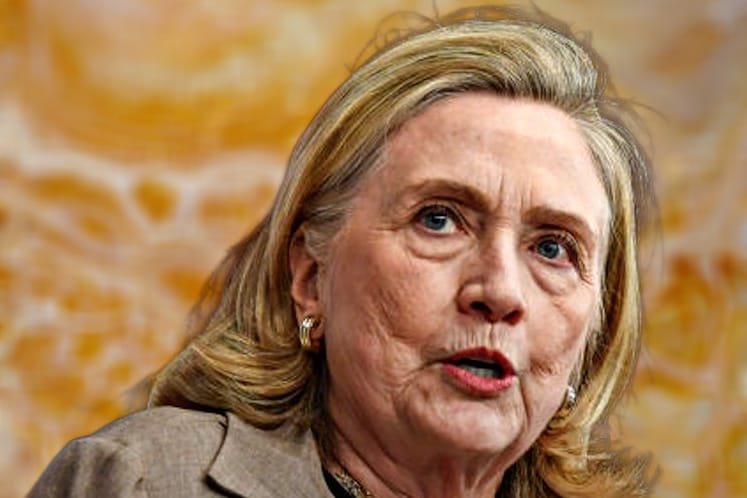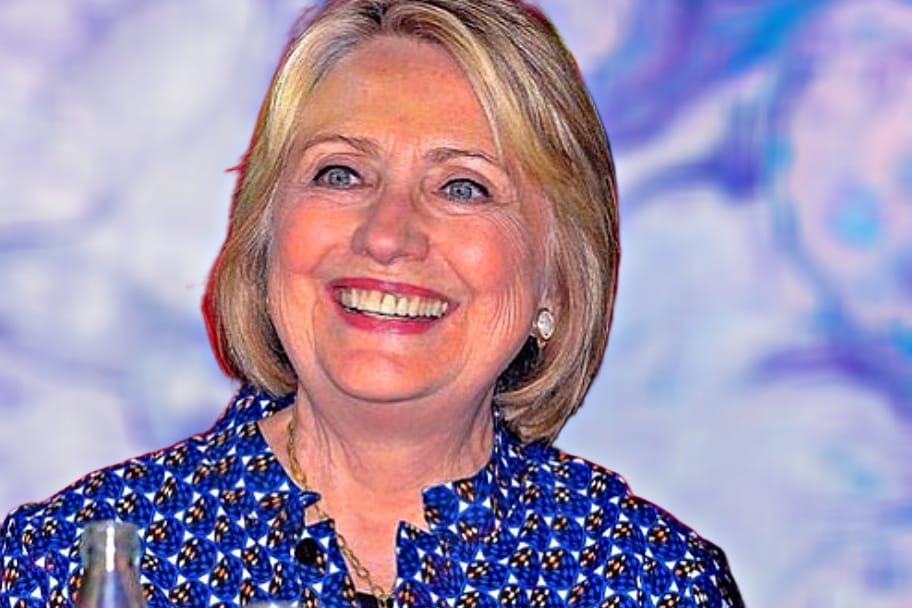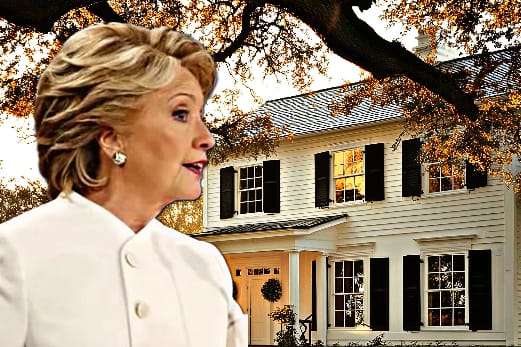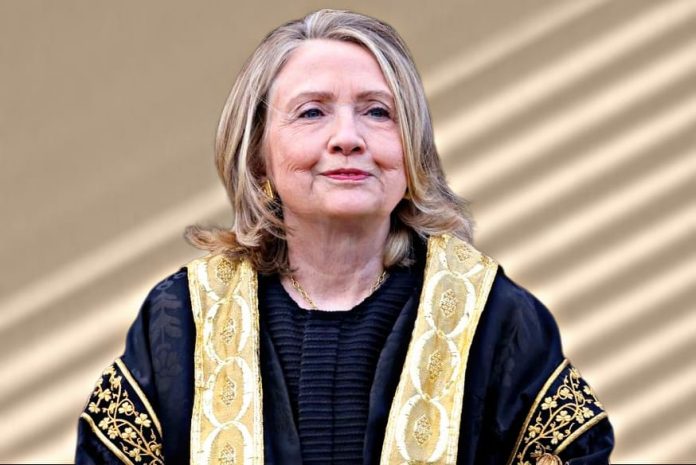Hillary Clinton is one of the most significant and controversial figures in modern American politics. As the first woman to secure a major political party’s nomination for president, a former First Lady, Secretary of State, and U.S. Senator, Hillary Clinton career spans more than four decades of public service. Her life has been defined by her unrelenting drive to break barriers, her commitment to public service, and her pivotal role in shaping both domestic and international policies.
In this article, we will take a deep dive into Hillary Clinton life and career, exploring her early years, rise in politics, her tenure as Secretary of State, her presidential campaigns, and the legacy she continues to build. From the White House to the campaign trail, Hillary Clinton influence in American politics is undeniable, and her journey reflects the challenges and triumphs of a woman navigating the complex and often patriarchal political landscape of the United States.
Early Life and Education
Hillary Diane Rodham was born on October 26, 1947, in Chicago, Illinois, to Hugh and Dorothy Rodham. Hillary’s early life was characterized by a strong sense of independence and ambition, both of which would later define her political career. Raised in the suburban town of Park Ridge, Hillary Clinton was the oldest of three children and grew up in a middle-class family. Her parents emphasized the importance of education, discipline, and hard work—values that Hillary would carry with her throughout her life.
Hillary attended Wellesley College, a prestigious all-women’s school in Massachusetts, where she earned a degree in political science. Her time at Wellesley was pivotal in shaping her political beliefs and her sense of social justice. During her senior year, Hillary became the first student to deliver a commencement address at Wellesley, a speech that garnered national attention for its call to action for young women to get involved in politics and public life. This moment foreshadowed the public figure she would soon become.
After Wellesley, Hillary attended Yale Law School, where she focused on issues related to children’s rights and family law. It was during this time that she met Bill Clinton, who would later become the 42nd President of the United States. They married in 1975, and their partnership would go on to define both their personal and professional lives.
Early Career and Political Involvement

Hillary Clinton entry into politics began with her work as a lawyer and advocate. Upon graduating from Yale Law School in 1973, Hillary took a position with the Children’s Defense Fund, where she worked on issues related to children’s welfare and education. This early experience ignited her passion for public service, and she soon became involved in a variety of political causes.
In 1976, Hillary moved to Arkansas with her husband, Bill Clinton, who was beginning his political career. Over the next few years, Hillary Clinton became an integral part of Bill’s political ascent, supporting his campaigns and navigating the challenges that came with being in the public eye. In 1979, she became the first woman to be named a full partner at the Rose Law Firm in Little Rock, Arkansas, which further established her as a formidable force in both legal and political circles.
Hillary Clinton political involvement in Arkansas deepened as she worked on various education reform initiatives. In 1983, she co-founded the Arkansas Advocates for Children and Families, an organization dedicated to improving the lives of children in the state. Her focus on children’s issues would become a hallmark of her political career, and it helped establish her as a leader in advocating for children’s rights and welfare.
First Lady of Arkansas
When Bill Clinton became governor of Arkansas in 1979, Hillary became the state’s First Lady. In this role, she continued her advocacy for education, child welfare, and women’s rights. Her initiatives were often met with resistance, as many saw her as an unconventional First Lady who was highly involved in policy and governance. Despite the pushback, Hillary remained steadfast in her commitment to public service.
In the early 1980s, she chaired the Governor Commission on the Status of Women in Arkansas, which focused on addressing issues such as healthcare, employment, and education for women. Her work was often ahead of its time and set the stage for her future political endeavors.
Hillary Clinton as First Lady of the United States

In 1993, when Bill Clinton was elected President of the United States, Hillary Clinton became First Lady, a position that would catapult her to national prominence. As First Lady, Hillary Clinton broke from tradition by playing an active and influential role in her husband’s administration. One of her most notable initiatives was her leadership of the Health Care Task Force, which sought to reform the U.S. healthcare system. Although the proposal for universal healthcare ultimately failed to pass, Hillary’s efforts highlighted her commitment to improving the lives of ordinary Americans.
Championing Women’s Rights and Children’s Causes
Throughout her time as First Lady, Hillary Clinton championed women’s rights, children’s issues, and global human rights. She advocated for the Children’s Health Insurance Program (CHIP), which provided health coverage for millions of low-income children, and she worked tirelessly to combat the growing issue of childhood poverty.
In 1995, Hillary Clinton delivered her famous speech at the Fourth World Conference on Women in Beijing, China, where she declared that “women’s rights are human rights.” This speech was groundbreaking, signaling her commitment to advocating for women and girls around the world. She continued to push for policies aimed at improving the lives of women, including reforms in education, healthcare, and employment.
U.S. Senator from New York
After Bill Clinton presidency ended in 2001, Hillary Clinton transitioned from First Lady to a political figure in her own right. In 2000, she successfully ran for the U.S. Senate from New York, becoming the first woman in history to represent the state in the Senate. Her election marked a pivotal moment in her career, as she proved that she could succeed as an independent political leader, separate from her husband’s legacy.
As a U.S. Senator, Hillary Clinton focused on issues ranging from healthcare and national security to veterans’ affairs and the economy. She played a key role in securing funding for New York’s recovery after the 9/11 attacks and was a vocal advocate for first responders and survivors of the attacks. She also worked on legislation related to children’s health, education, and poverty reduction, continuing the focus on children’s issues that had defined much of her earlier political career.
In 2006, Hillary Clinton was re-elected to the Senate with a decisive victory. Throughout her two terms, she built a reputation as a skilled legislator who could work across party lines to achieve meaningful results.
Hillary Clinton 2008 Presidential Campaign

In 2008, Hillary Clinton ran for president as the Democratic nominee, marking a historic moment in the nation’s history. She became the first woman to mount a serious campaign for the presidency, challenging Illinois Senator Barack Obama for the nomination. The primary race was contentious, with Clinton and Obama offering contrasting visions for the future of America.
Despite winning several key states, including New York, California, and Texas, Clinton ultimately lost the nomination to Obama, who went on to become the 44th President of the United States. However, Clinton’s campaign made history in its own right, with her strong showing signaling that a woman could compete at the highest levels of American politics.
After losing the nomination, Clinton endorsed Obama and became a strong advocate for his presidency. Her support played a crucial role in uniting the Democratic Party after the bitter primary battle. Clinton’s own journey toward the presidency, even in defeat, solidified her status as a key figure in American politics.
Secretary of State: A Legacy of Diplomacy
In 2009, Hillary Clinton was appointed by President Barack Obama to serve as Secretary of State, the first woman to hold the position. As Secretary of State, Clinton played a critical role in shaping U.S. foreign policy, overseeing the implementation of Obama’s diplomatic agenda, and representing the United States on the world stage.
One of Hillary Clinton signature achievements as Secretary of State was her promotion of women’s rights and gender equality around the world. She launched the “Too Important to Fail” initiative to support women’s rights, particularly in conflict zones, and worked to improve access to education and healthcare for women and girls globally. Her commitment to diplomacy and global human rights continued her legacy as an advocate for women.
Clinton also played a key role in U.S. foreign policy during pivotal moments in history. She was instrumental in securing the sanctions against Iran that led to the nuclear deal in 2015, and she helped to manage the U.S. response to the Arab Spring and the conflict in Libya. Clinton’s approach to foreign policy was marked by her belief in smart power—a combination of diplomacy, economic engagement, and military force when necessary.
Her tenure as Secretary of State ended in 2013, after which she returned to private life and continued her work advocating for women’s rights, children’s health, and international diplomacy.
2016 Presidential Election: The Final Campaign
In 2016, Hillary Clinton made another run for the presidency, this time as the Democratic nominee. She ran against Republican nominee Donald Trump, and her campaign was one of the most closely watched and contentious in modern American history. Hillary Clinton experience, policy expertise, and commitment to public service were clear strengths, but she faced significant challenges, including the rise of populist movements, controversies surrounding her use of a private email server during her time as Secretary of State, and strong opposition from Trump’s supporters.
Clinton ultimately won the popular vote by more than 2.8 million votes, but lost the Electoral College by a narrow margin, making her the fifth presidential candidate in U.S. history to win the popular vote and lose the presidency. The aftermath of the election was a turning point in American politics, leading to debates over the role of the Electoral College, voter suppression, and the future of the Democratic Party.
The Impact of the 2016 Campaign
Despite her loss in 2016, Hillary Clinton campaign had a lasting impact on American politics. Her candidacy shattered barriers for women in politics and brought the issue of gender inequality into sharp focus. Hillary Clinton perseverance and determination in the face of adversity continue to inspire countless women and girls to pursue careers in public service.
Hillary Clinton Legacy
Hillary Clinton career is marked by numerous achievements, setbacks, and controversies. From her early work as a lawyer and advocate for children’s rights to her groundbreaking role as First Lady, U.S. Senator, and Secretary of State, Hillary Clinton has been a trailblazer in American politics. Her commitment to public service, particularly her focus on women’s rights, children’s health, and global diplomacy, has left a lasting impact on the United States and the world.
While her presidential campaigns have been marked by significant challenges, Hillary Clinton influence on American politics is undeniable. Whether as a Senator, Secretary of State, or presidential candidate, she has been a steadfast advocate for social justice, gender equality, and public service. Her journey, filled with triumphs and setbacks, continues to inspire future generations of leaders to follow in her footsteps.
As one of the most prominent and polarizing political figures of the 21st century, Hillary Clinton legacy is still evolving. Her influence on American politics and global diplomacy will be felt for many years to come, and her trailblazing efforts will continue to shape the future of women in politics.

